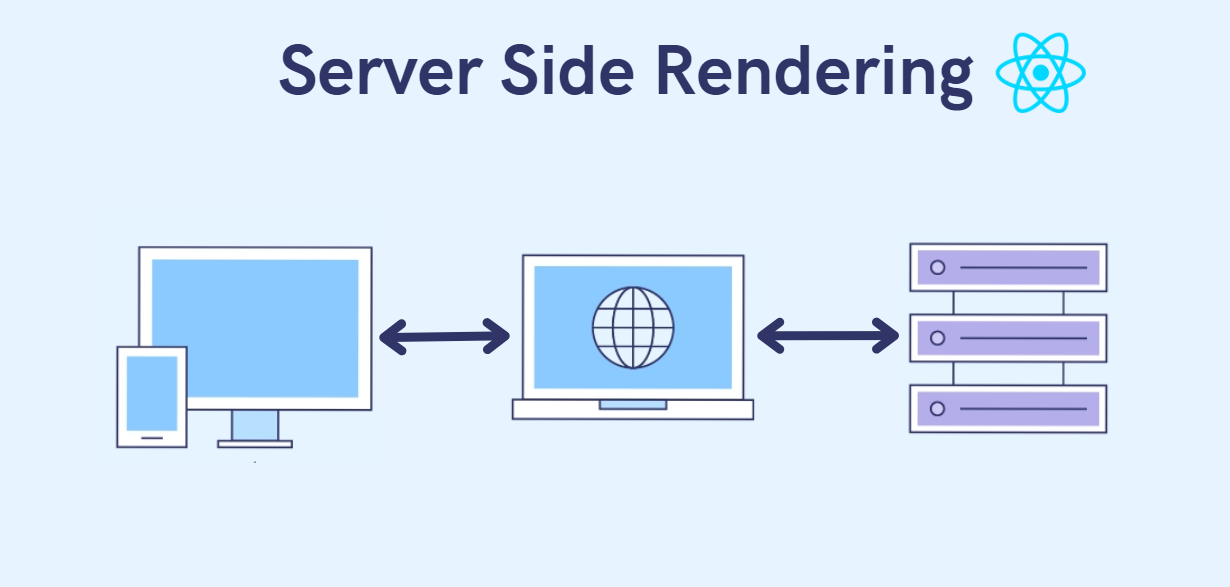SEO Best Practices for Next.js Applications
Introduction: Why SEO Matters for Your Business
Let's be honest: as a business owner, building a website is not something you do for fun. You want your brand to be distinctive, produce leads, and boost sales. attracting the appropriate audience to your
Next.Search Engine Optimization (SEO) is essential for js applications.
Let's be honest: as a business owner, building a website is not something you do for fun. You want your brand to be distinctive, produce leads, and boost sales. attracting the appropriate audience to your
Next.Search Engine Optimization (SEO) is essential for js applications.
The Power of Next.js for SEO
Next.js offers features like
server-side rendering (SSR),
static site generation (SSG), and
incremental static regeneration (ISR) to improve SEO.
SSR ensures search engines see fully rendered HTML.
SSG builds static pages at compile time, while
ISR updates them incrementally. But you must use them strategically to get real SEO results.
Key SEO Optimization Techniques for Next.js
Optimize Meta Tags for Click-Worthy Results
Meta tags—like the
title tag and
meta description—help both users and search engines. Use the
component from
next/head:
import Head from 'next/head'; export default function Home() { return ( <> Next.js SEO: Boost Your Rankings {/* Page content */} ); }
Generate Dynamic Sitemaps
Use
next-sitemap and configure your
next.config.js:
module.exports = { siteUrl: 'https://yourdomain.com', generateRobotsTxt: true, };
Then build your project and submit the sitemap to
Google Search Console.
Leverage Dynamic Routing for Scalability
Dynamic routes like
/blog/[slug] generate SEO-friendly pages using
getStaticPaths and
getStaticProps:
export async function getStaticPaths() { const posts = await fetchPosts(); const paths = posts.map((post) => ({ params: { slug: post.slug }, })); return { paths, fallback: false }; } export async function getStaticProps({ params }) { const post = await fetchPostBySlug(params.slug); return { props: { post } }; }
Optimize Images for Speed and Accessibility
Use the
Image component from
next/image to lazy-load and auto-optimize images:
import Image from 'next/image'; export default function About() { return ( ); }
Add descriptive
alt text with keywords for accessibility and SEO.
Implement Structured Data for Rich Snippets
Add
JSON-LD structured data in
for features like FAQ or star ratings:
Tools for Monitoring and Improving SEO
Use these tools to track and improve your SEO:
Google Search Console: Free, shows indexing and keyword stats
Ahrefs /
SEMrush: Premium SEO analytics
Lighthouse: Built-in Chrome tool for SEO and performance audits
Conclusion: Ranking Higher with Next.js
SEO is ongoing. But with
Next.js and the right techniques—meta tags, structured data, sitemaps—you can grow traffic and revenue.
Contact us at
[email protected] or visit our
pricing page to learn more about our solutions.


